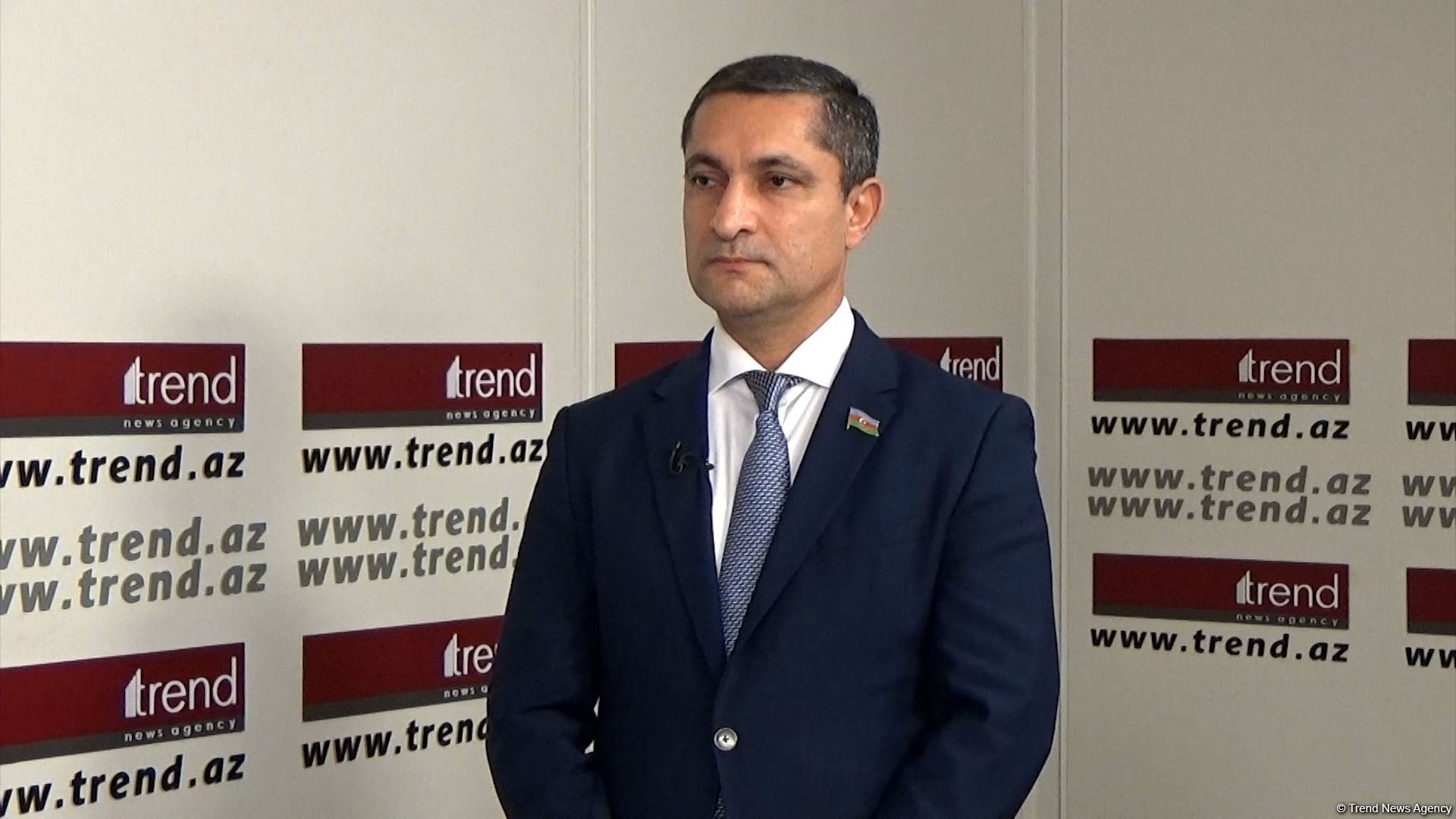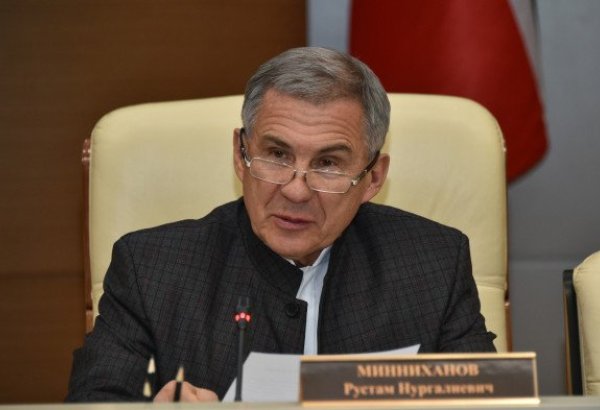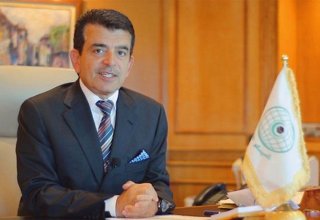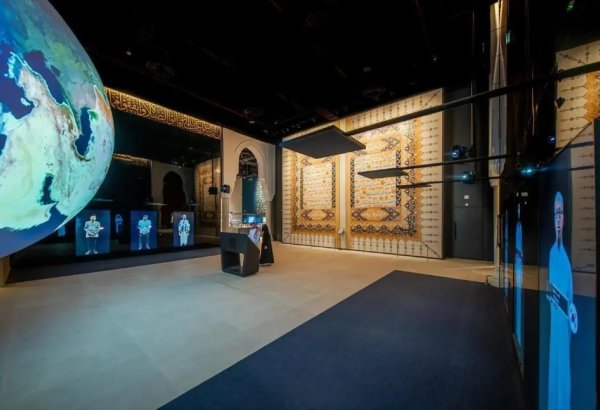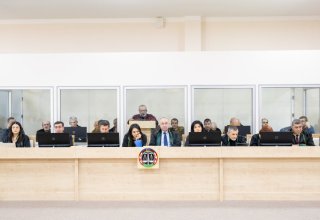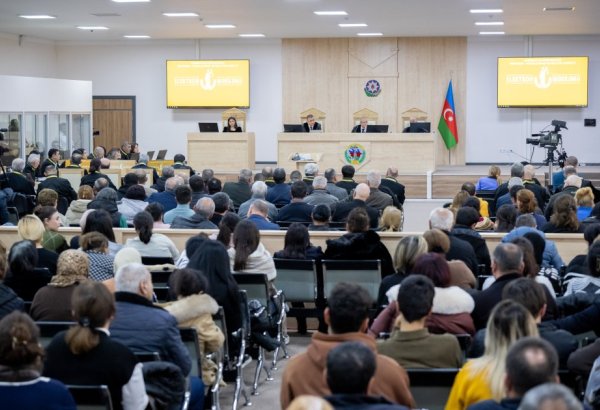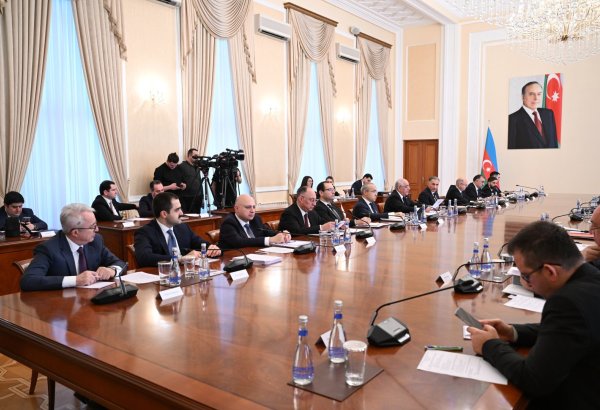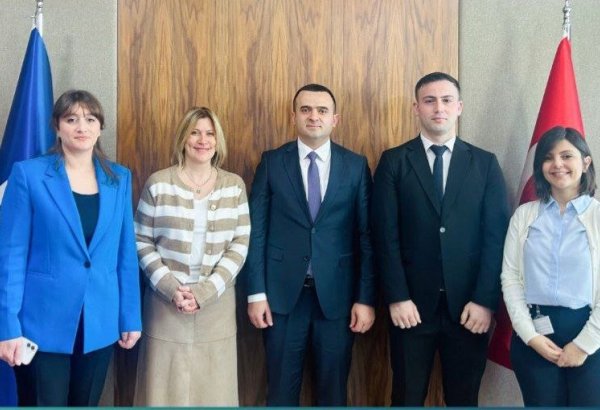BAKU, Azerbaijan, August 2. Azerbaijan has once again witnessed the unfair and far-from-reality approach of the European Parliament members, Azerbaijani MP Soltan Mammadov, Head of the Working Group on Azerbaijan-France Inter-Parliamentary Relations, told TurkicWorld.
He made the remark commenting on the joint statement of the Chair of the European Parliament's Delegation for Relations with the South Caucasus, Marina Kaljurand, the European Parliament's rapporteur for Armenia, Andrey Kovatchev, and the European Parliament's rapporteur for Azerbaijan, Eljana Zovko.
According to Mammadov, this joint statement is a manifestation of a completely biased and non-objective approach.
The MP pointed out that rather than making statements that inflame tensions, members of the European Parliament ought to promote harmony and peaceful coexistence.
As the MP emphasized, the allegations that the Lachin-Khankendi road is closed and Armenian residents in the Karabakh region of Azerbaijan are facing a 'blockade' are completely unfounded.
"Azerbaijan has put forward several proposals, including the use of the Aghdam-Khankendi road and other alternative routes for transporting large humanitarian cargoes. These proposals have also been supported by the European Union and the International Committee of the Red Cross (ICRC)," Mammadov reminded.
"However, the Armenian side resorts to various means of provocation to prevent the implementation of these proposals, create additional tensions in the region, and mislead the international community," he added.
The MP stressed that the blockade of access to the territory by installing concrete barriers on the Aghdam-Khankendi road, sending cargo vehicles onto Azerbaijan's territory without permission, the injury of an Azerbaijani serviceman at the Lachin checkpoint on June 15 due to shelling by Armenian armed forces, and other facts indicate that Armenia is trying to use blackmail tactics.
"Since the checkpoint was established in Lachin, more than 2,000 Armenian citizens have securely crossed through. The ICRC and the Russian peacekeeping unit, which was temporarily stationed in Azerbaijan in accordance with a trilateral agreement reached by the leaders of Azerbaijan, Armenia, and Russia after the Second Karabakh War in 2020, can both freely use this route, Mammadov noted. "All of this demonstrates how absolutely unfounded the 'blockade' assertions are. As a result, it is unacceptable for members of the European Parliament to base their statements on unreliable information".
The MP also noted that if the European Parliament members had truly taken an objective and unbiased stance, they wouldn't have remained indifferent to the fate of hundreds of thousands of Azerbaijanis subjected to terror, genocide, and ethnic cleansing by Armenia during the first Karabakh war.
"Those who signed this declaration would have recognized the suffering the Azerbaijani people endured as a result of Armenia's occupation policies if they had just glanced over history. These people don't have a moral right to talk about human rights and a humanitarian catastrophe because they didn't evaluate the 30-year occupation, didn't protest the tragic fate of the nearly a million people forced from their homes during the occupation, who were internally displaced, and the fate of the civilians who were mass-murdered in Khojaly and other settlements." he concluded.
Previously, Kaljurand, Kovatchev, and Zovko made a joint statement claiming that Armenian residents living in the Karabakh region of Azerbaijan allegedly faced a 'tense humanitarian situation'.








